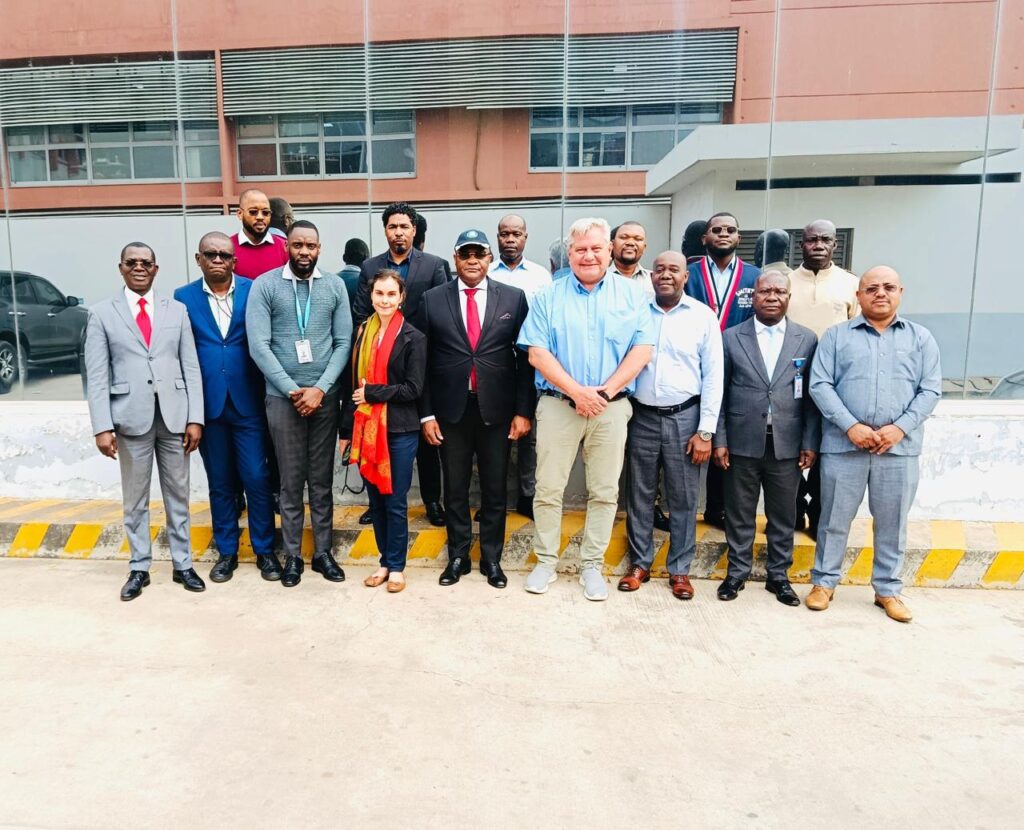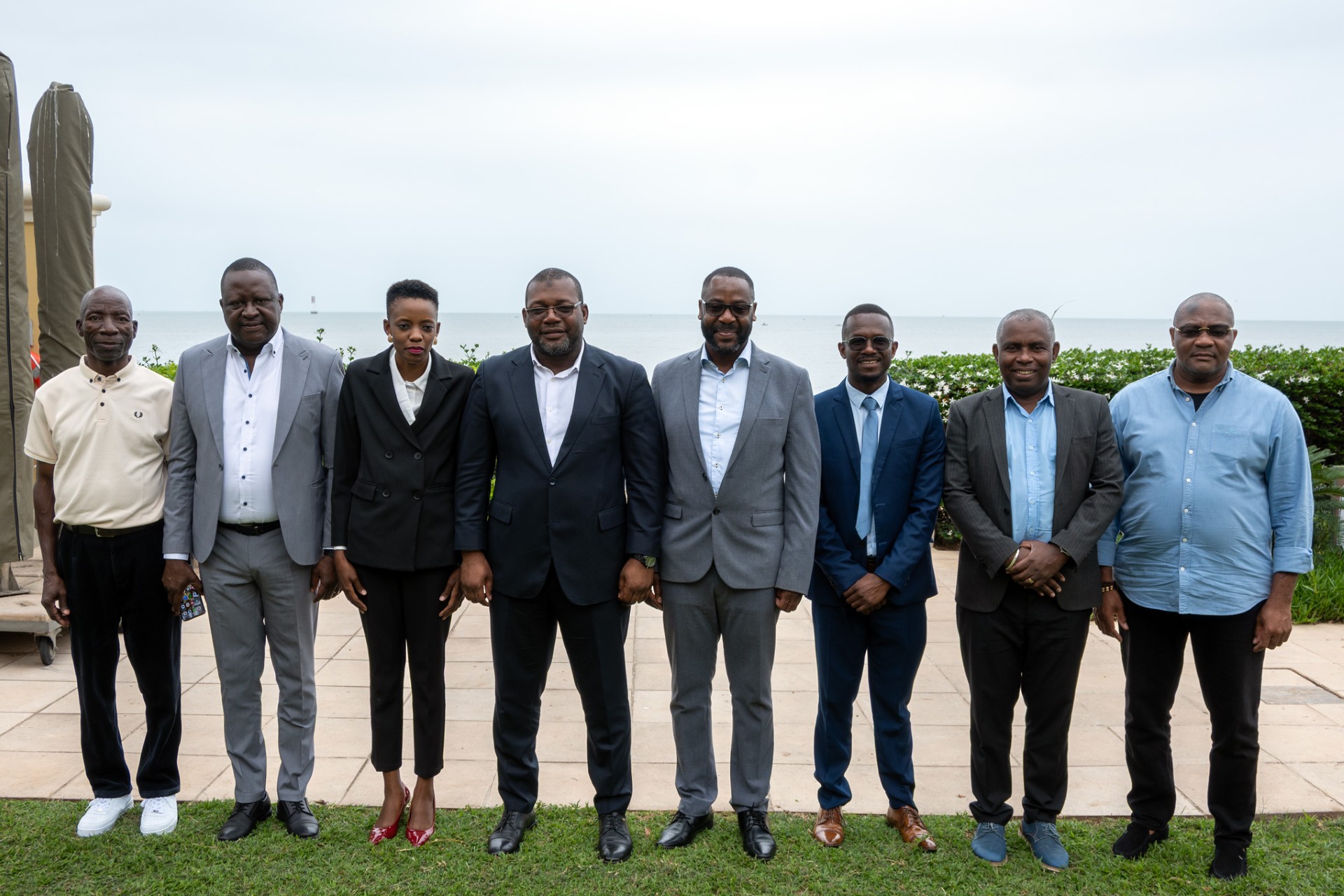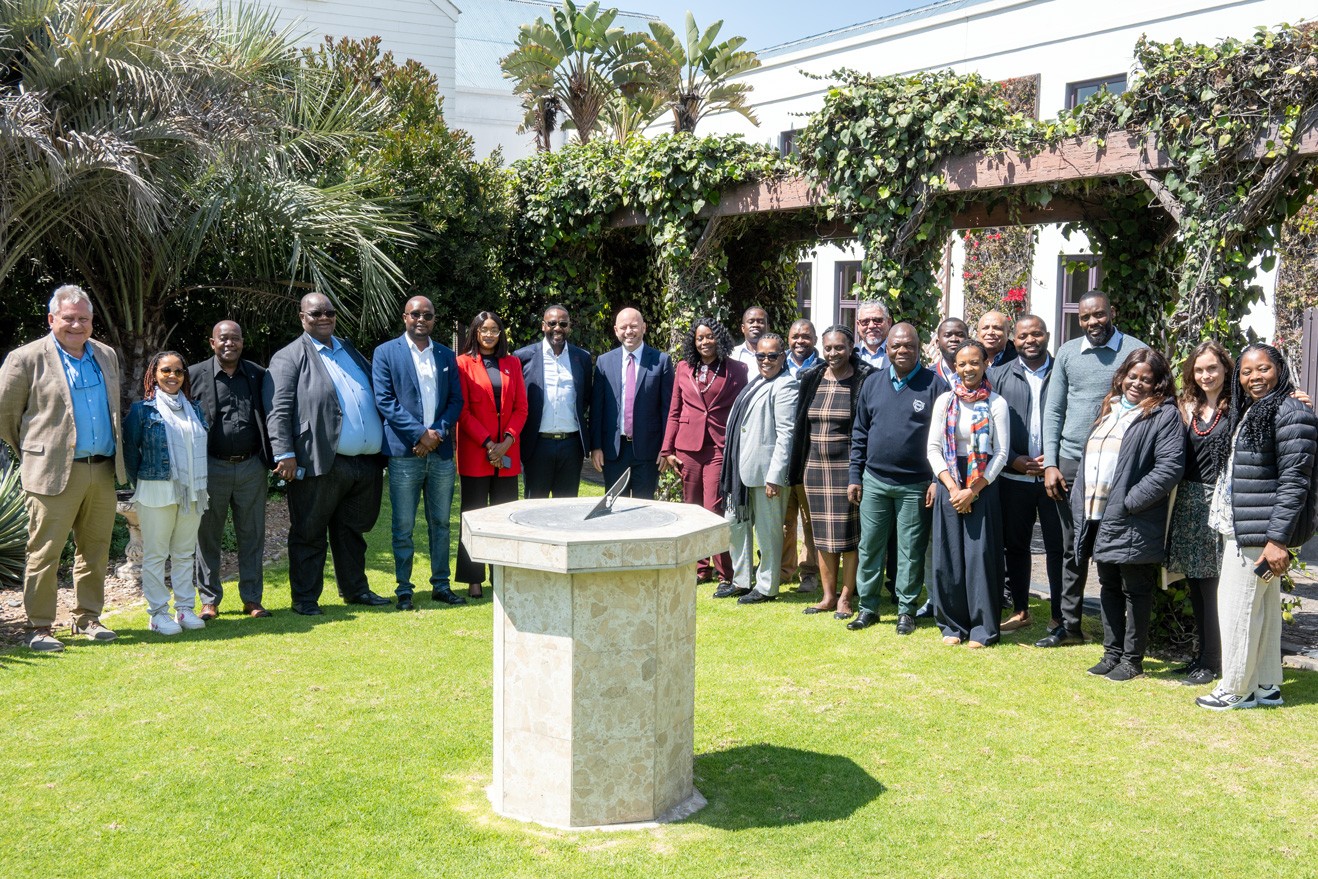Luanda’s MCS officers coached on enhancing risk assessment procedures of fishing vessels
Luanda, Angola – July 28-30, 2025

From 28–30 July 2025, Luanda hosted the fourth and final in-person training under the SADC ATLANTIC Project, marking the last national workshop delivered through this flagship initiative of the Monitoring, Control and Surveillance Coordination Centre (MCSCC) of the Southern African Development Community (SADC). Over the past 18 months, the Project team has worked closely with Luanda’s MCS officers, providing coaching and mentoring to support the application of key MCS tools and procedures, including the risk assessment tool promoted by the MCSCC. The July session provided an opportunity to reinforce the importance of conducting risk assessments on fishing vessels prior to port entry, and to discuss the integration of these procedures with the newly appointed Director General of Monitoring, Control and Surveillance at the Ministry of Fisheries and Marine Resources (MONICAP).
SADC ATLANTIC, launched in 2022 with funding from the Embassy of the United States of America in Botswana, is now concluding its first phase. Implemented by Stop Illegal Fishing in partnership with the SADC MCSCC, the Project has focused on strengthening institutional and human MCS capacity in the Benguela Current Convention (BCC) countries to enhance their engagement in the MCSCC. Over the past three years, the Project has supported capacity building by developing skills and applying standard tools and procedures in these areas. The aim was to strengthen national contributions to regional cooperation and advance collective efforts to combat illegal, unreported and unregulated (IUU) fishing in the SADC region.
The trainings delivered focused on two key areas: strengthening the capacity of MCS officers to conduct risk assessments on fishing vessels and enhancing port inspection procedures. A central aim of the workshops was to introduce and pilot a risk assessment tool promoted by the MCSCC, designed to support informed decision-making before vessels are granted port access. The July 2025 coaching session in Luanda provided an opportunity to reinforce the importance of applying risk assessments proactively and to work closely with local MCS officers to operationalise the tools and procedures introduced throughout the Project.
As part of ongoing efforts to integrate risk-based approaches into routine MCS operations, MONICAP’s Director General Mr. Antonio Jaime convened several technical meetings to map existing procedures and facilitate the use of the MCSCC risk assessment tool. The Project team was also received by H.E. Minister Carmen dos Santos, who reaffirmed her commitment to combatting IUU fishing – one of her key priorities since taking office.
The Republic of Angola ratified the Charter establishing the SADC MCSCC in 2019, which aims to promote information sharing among member states and harmonise MCS procedures across the region. Since the Charter came into force, Angola has played an active role in regional intelligence sharing, helping other SADC countries and partners beyond the region identify and respond to IUU threats. A notable example is the 2023 case of the reefer NOVA ZEELANDIA, where Angolan intelligence exposed illegal transshipment, document forgery, and unauthorised exports of horse mackerel to West Africa. By adopting and applying the MCSCC’s risk assessment tool, Angola is actively contributing to regional harmonisation of MCS processes. In September 2025, Angola will join other SADC countries in a regional workshop to align risk assessment procedures, with the results to be presented at the MCSCC Operational Task Force in October – potentially paving the way for the adoption of SADC-wide risk assessment protocols for fishing vessels.

For more updates, stay tuned on our website and social channels.
Follow us on our social media pages


